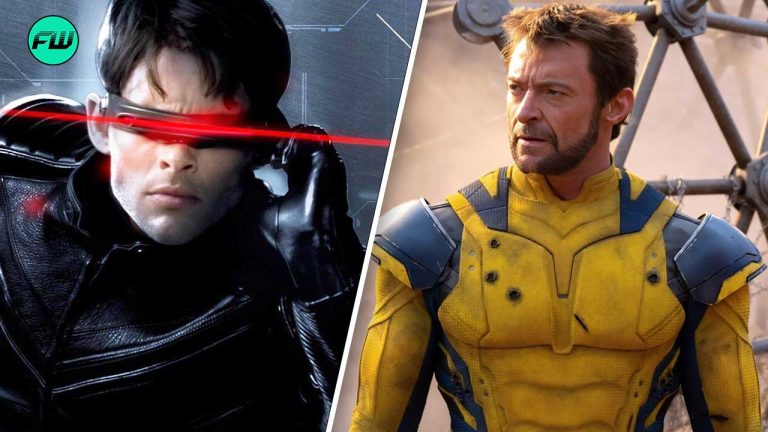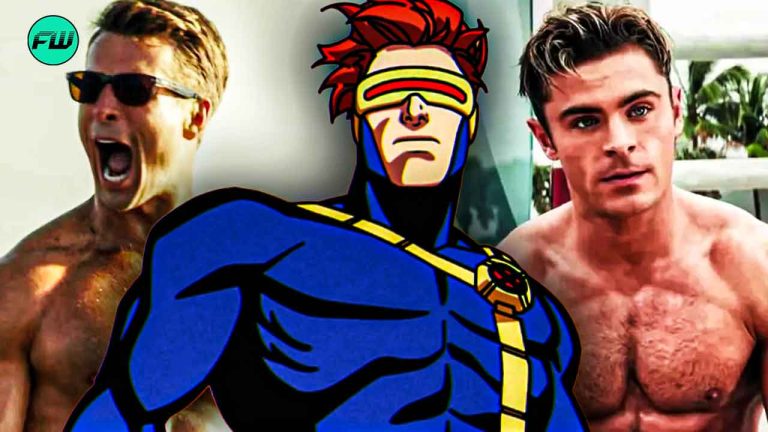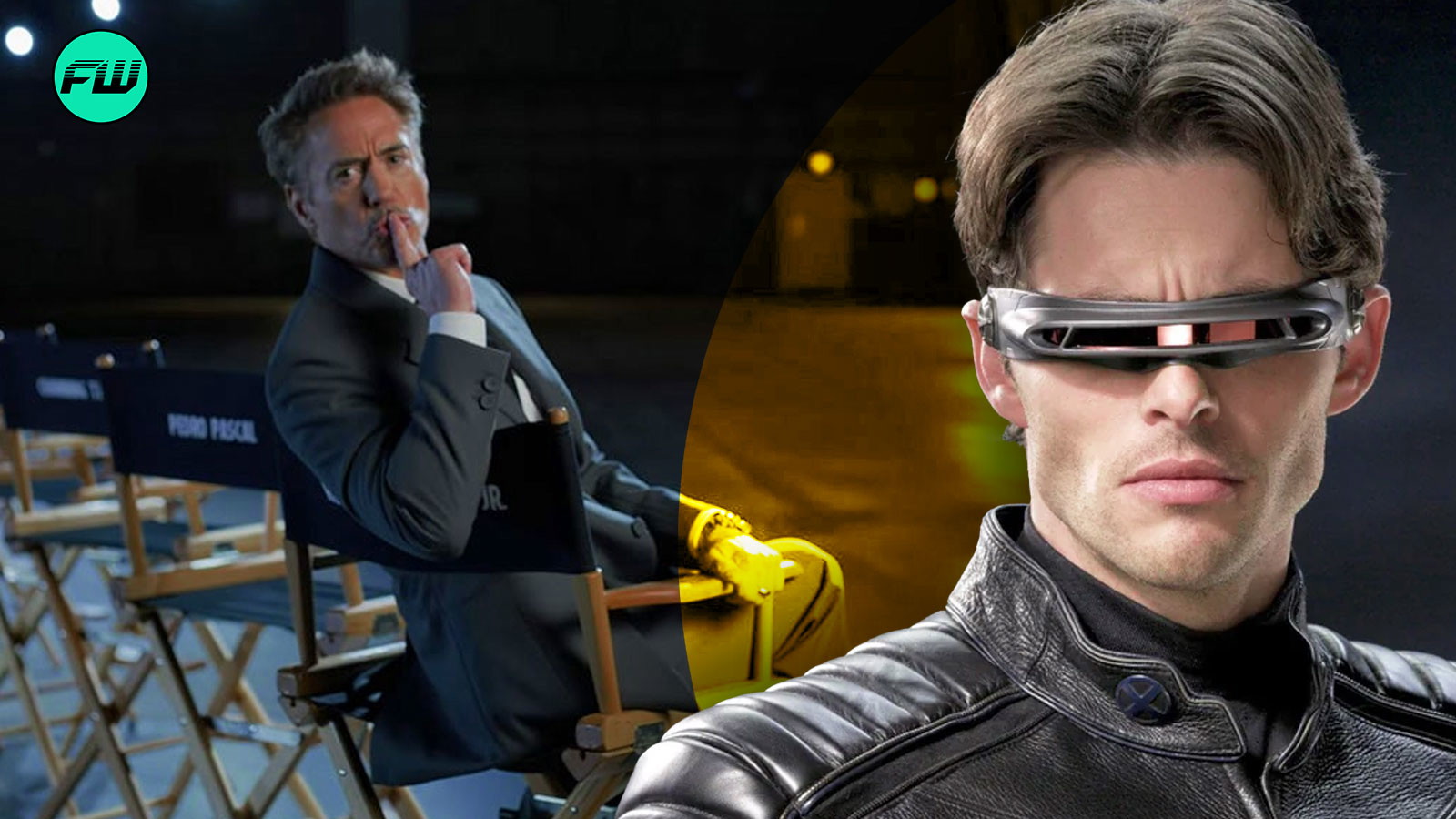
The Marvel Cinematic Universe is at a crossroads right now and its immediate next step will predict the future of the entire CBM franchise. Worth billions of dollars, Kevin Feige’s MCU has been creatively uninspired for 6 years. But the potential of the upcoming Avengers reunion with Avengers: Doomsday has established a baseline of hope and optimism for the largely dissatisfied fans.
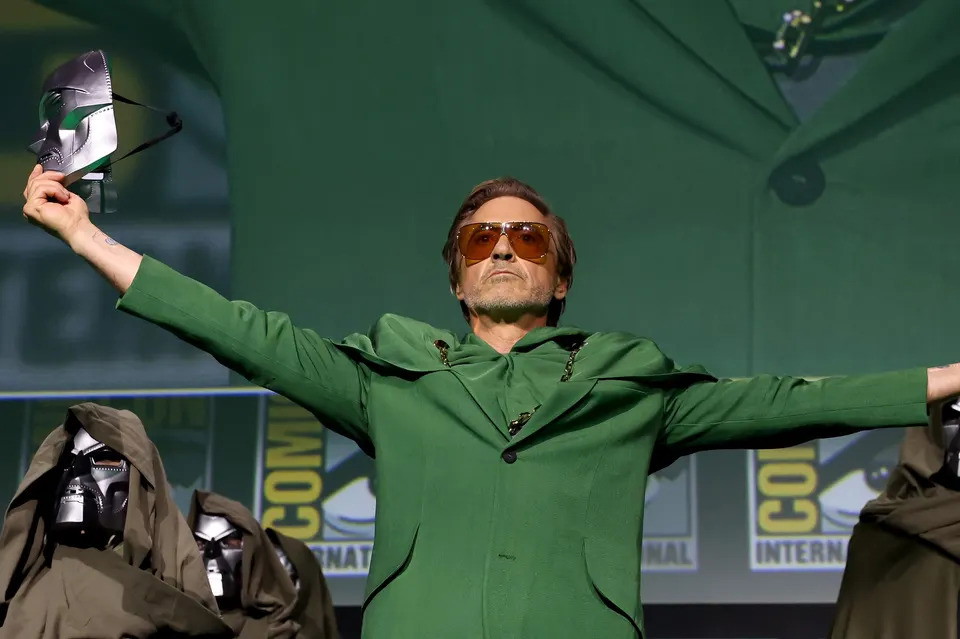
Although quite some time away, Doomsday is already raising the expectations of the audience due to the return of some of Marvel’s strongest characters on-screen and creative forces behind the scenes. Robert Downey Jr.’s comeback as Doctor Doom alongside the Russo Brothers’ directorial skills will surely be an Endgame-level treat for the senses.
But the greater part of Doomsday‘s success lies in the potential of the X-Men’s arrival – as was slightly hinted at in The Marvels – and the convoluted history of Foxverse’s tangled-up timeline.
Avengers: Doomsday awaits the X-Men’s arrival
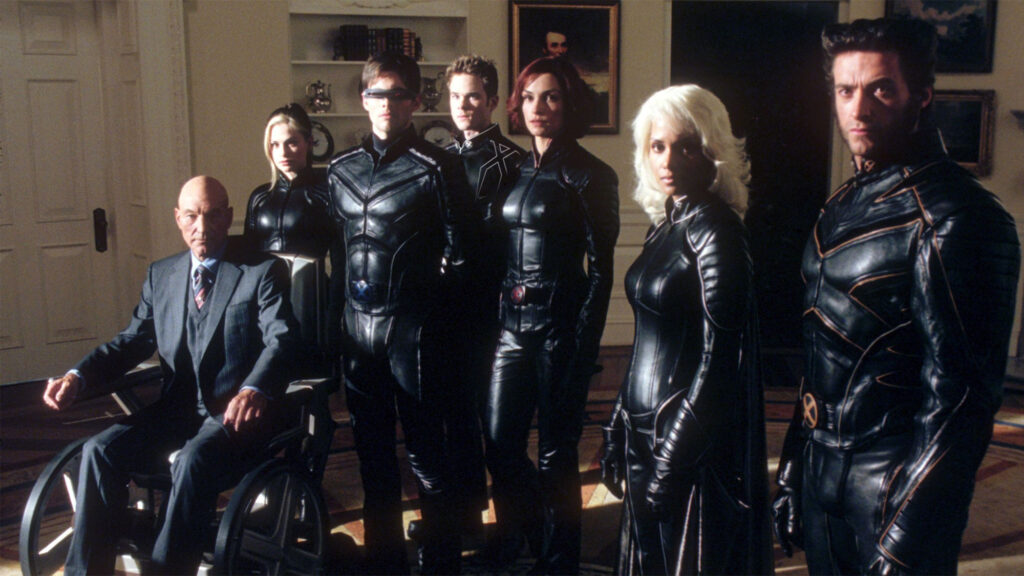
It has been a long and winding road to success for Marvel. Without a legacy-defining past like its DC counterpart (with Superman ’78 and Batman ’89), the franchise’s foray into the cinematic medium was left largely unsuccessful well until the late Aughts. Robert Downey Jr.‘s Iron Man in 2008 ensured that Marvel finally got a foot in the door in the highly demanding CBM industry.
Now, the fame and success of the comic book movie industry have snowballed into an uncontrollable frenzy, and the once-besotted fandom has now grown tired and repulsed by the thought of yet another subpar movie in the works. Avengers: Doomsday promises to wash away the sins of the MCU’s recent past and recall the franchise’s forgotten glory by delivering a powerful story.
One of the aspects that can ensure the same is the arrival of one subset of Marvel superheroes without whom the comics industry seems incomplete. The X-Men has been a part of pop culture for as long as one can remember. Long before the MCU, X-Men: The Animated Series dominated the television industry with its iconic run in the ’90s.
Now, with the annexation of 20th Century Fox by Disney, the bureaucratic red-tapes can finally be disregarded and the X-Men can finally step into the MCU mainframe without studios getting into a bidding war. The success of Avengers: Doomsday now largely rests on the potential arrival of the X-Men and the long-awaited team-up of the Avengers alongside the iconic mutants.
Avengers: Doomsday can retcon a pointless X-Men arc
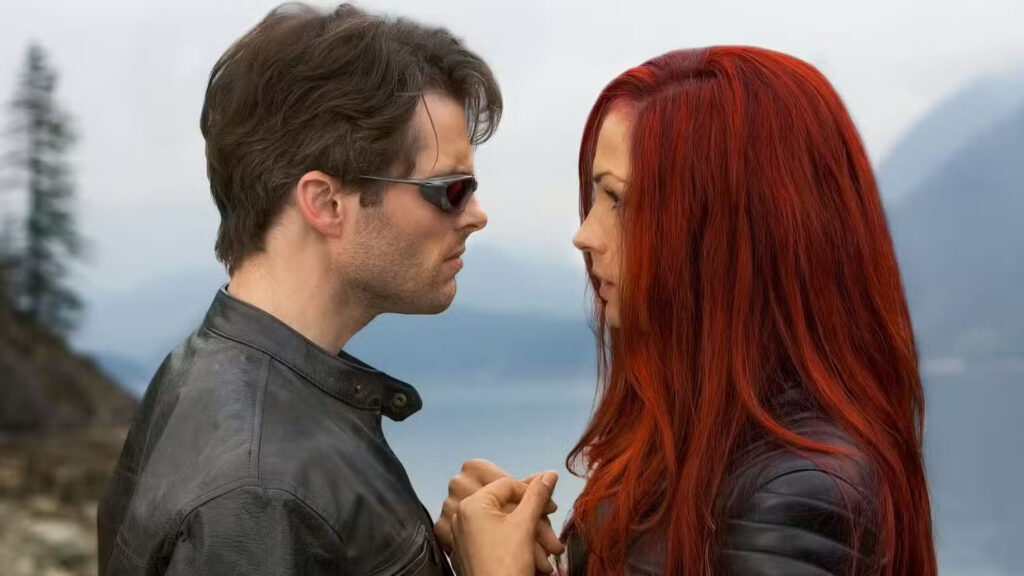
In the first X-Men trilogy, X-Men: The Last Stand ranks relatively lower than its two predecessors (Rotten Tomatoes). The film unapologetically leans into hard-hitting action, even at the cost of the previous films’ deeper and more poignant character moments. Among the numerous problematic aspects of the film, the death of James Marsden‘s Cyclops stands out as most objectionable.
Although written into the plot to demonstrate Jean Grey’s resurrection and the Dark Phoenix’s unleashed power, the death of Cyclops makes no sense at an emotional or logical level. Scott Summers was neither responsible for her death in X2 nor did he ever attempt to repress her Phoenix personality. Moreover, if the overarching plot was for Phoenix to gain entrance to the mansion and get closer to Professor X, it would be narratively easier to let Cyclops bring her back from Alkali Lake.
Cyclops’s death in the movie was a decision made by the studio to “punish” James Marsden for filming Superman Returns at the same time as his X-Men commitments. Fox left Marsden with only 10 minutes of screentime and made his off-screen death look disgraceful, senseless, and confusing to the audience.
Despite his eventual return in the 2014 film, Days of Future Past, Cyclops was again delivered the off-screen death treatment in Logan that pronounced the end of the X-Men era as a whole. Now, with Avengers: Doomsday bringing the X-Men into the fold, Marvel has the power to set things right once and for all by bringing back James Marsden in the Multiversal team-up movie.
Avengers: Doomsday is slated to release on May 1, 2026.
This post belongs to FandomWire and first appeared on FandomWire
